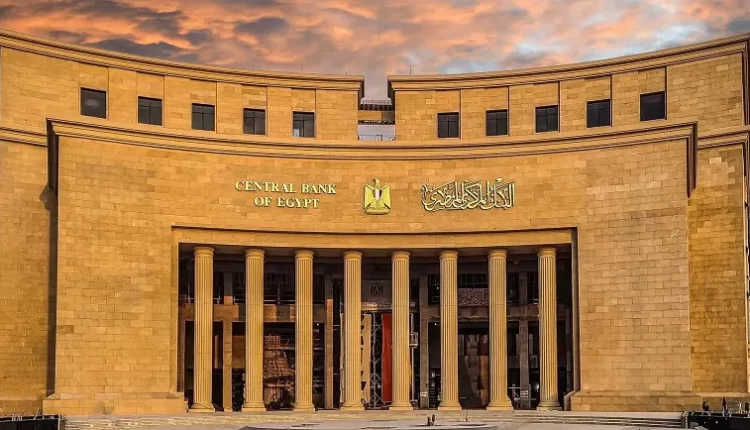Morgan Stanley expects Egypt’s central bank to hike rates by 200-300 bps
Morgan Stanley expects Egypt’s central bank (CBE) to raise interest rates by 200 basis points at the March 30 policy meeting and did not rule out a larger hike of 300 basis points.
The U.S. investment bank made its estimates given previous rates of inflation driven by the local currency’s depreciation, such as the consumer price index for February increased by more than 30 percent on a yearly basis.
Egypt’s core inflation rate hit 40.26 percent on an annualised basis last February, the highest level in its history.
The CBE’s Monetary Policy Committee (MPC) will hold its second meeting for 2023 on March 30 to set interest rates amid expectations of rate hikes following putting them on hold at the last meeting.
In February, the MPC surprised markets by keeping interest rates unchanged as it said it is reviewing the impact of hikes totaling 800 basis points in 2022. It left the overnight deposit rate, overnight lending rate, and the rate of the main operation intact at 16.25 percent, 17.25 percent, and 16.75 percent, respectively.
“Egypt has favourable medium-term growth prospects, but large external financing needs are weighing on the macroeconomic outlook.” Morgan Stanley further said in its report.
The bank also stressed the importance of a permanent flexible exchange rate regime to enable the Egyptian economy to absorb shocks and contain foreign exchange reserve losses.
It also noted that the North African country could minimise its economic pressures through a “large-scale” privatisation programme as well as moving to a permanent exchange rate system.
The Morgan Stanley report estimated that Egypt could sell assets worth up to $7 billion through asset sales by next year to boost foreign exchange (FX) liquidity and public finances, in addition to narrowing its financing gap, which it pegs at $23 billion to $24 billion by the end of financial year 2023/2024.
“This in turn should tame further expectations of FX depreciation and ensure a smooth transition to a durably flexible regime, potentially lowering the bar for portfolio investors and buying time for the authorities to implement the structural reforms to level the playing field and boost FDI inflows further,” Morgan Stanley added.


